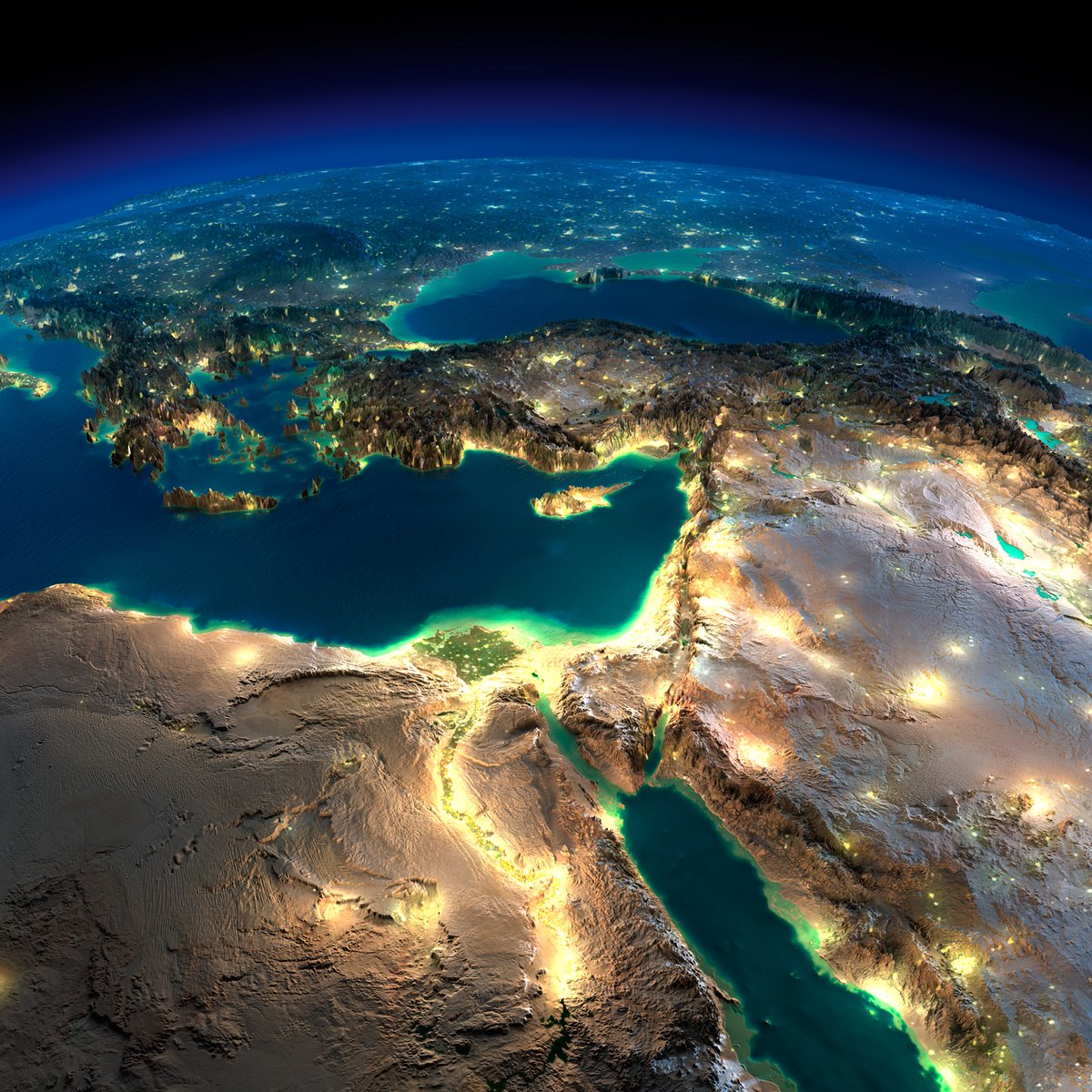Here is a short thread as we light the candles for the fourth night of #Chanukah 🕎 called 'The first clash of civilisations'. Chanukah sameach! 🥳 

One of the key phrases of our time is the clash of civilisations. And Chanukah is about one of the first great clashes of civilisation, between the Greeks and Jews of antiquity, Athens and Jerusalem.
The ancient Greeks produced one of the most remarkable civilisations of all time: philosophers like Plato & Aristotle, historians like Herodotus & Thucydides, dramatists like Sophocles & Aeschylus. They produced art & architecture of a beauty that has never been surpassed.
Yet in the 2nd century before the common era they were defeated by the group of Jewish fighters known as the Maccabees, & from then on Greece as a world power went into rapid decline, while the tiny Jewish people survived every exile & persecution & are still alive & well today.
What was the difference? The Greeks, who did not believe in a single, loving God, gave the world the concept of tragedy. We strive, we struggle, at times we achieve greatness, but life has no ultimate purpose. The universe neither knows nor cares that we are here.
Ancient Israel gave the world the idea of hope. We are here because God created us in love, and through love we discover the meaning and purpose of life.
Tragic cultures eventually disintegrate and die. Lacking any sense of ultimate meaning, they lose the moral beliefs and habits on which continuity depends. They sacrifice happiness for pleasure.
They sell the future for the present. They lose the passion and energy that brought them greatness ion the first place. That’s what happened to Ancient Greece.
Judaism and its culture of hope survived, and the Chanukah lights are the symbol of that survival, of Judaism’s refusal to jettison its values for the glamour and prestige of a secular culture, then or now.
A candle of hope may seem a small thing, but on it, the very survival of a civilisation may depend. #Chanukah sameach!
• • •
Missing some Tweet in this thread? You can try to
force a refresh









